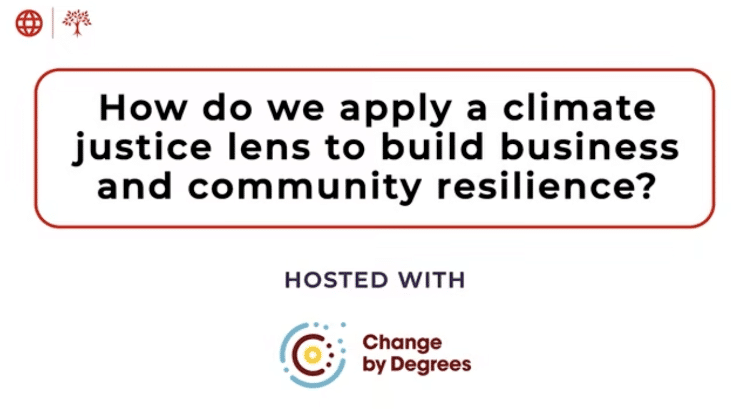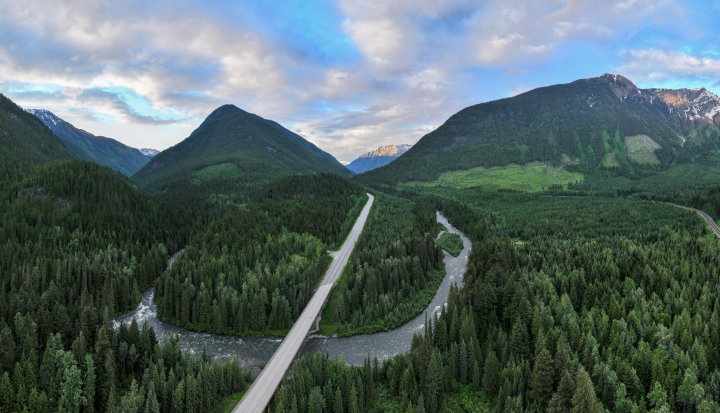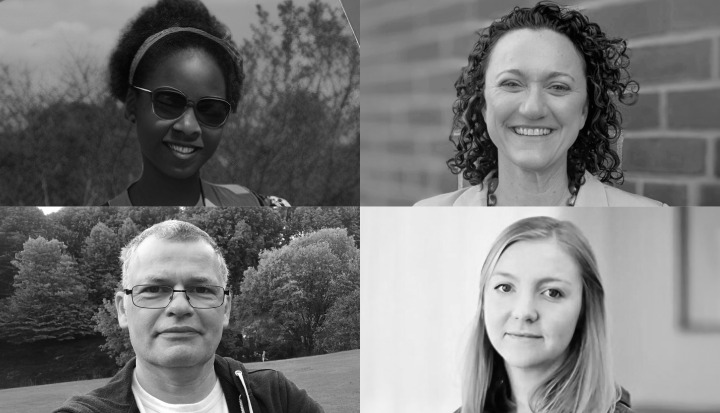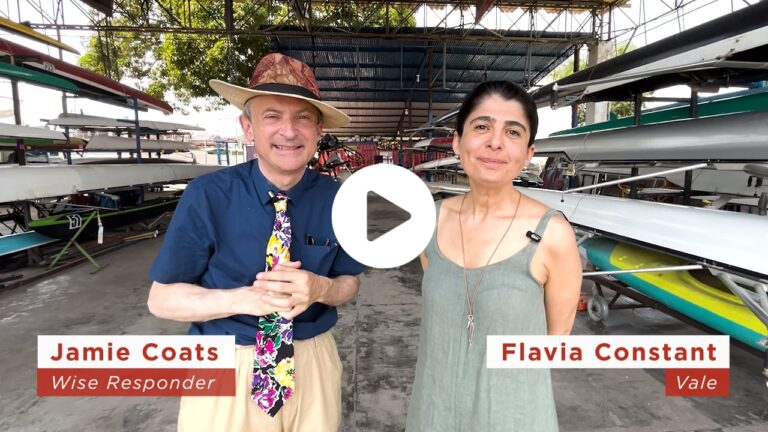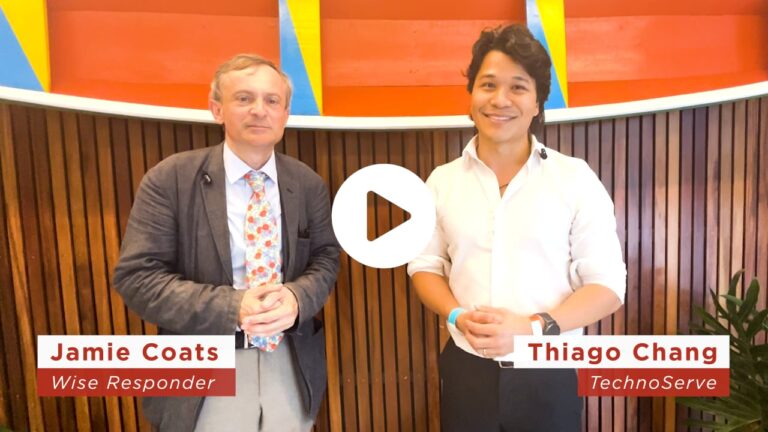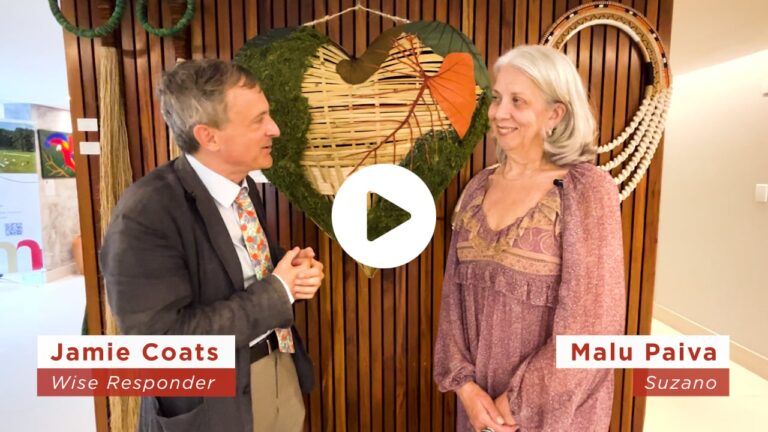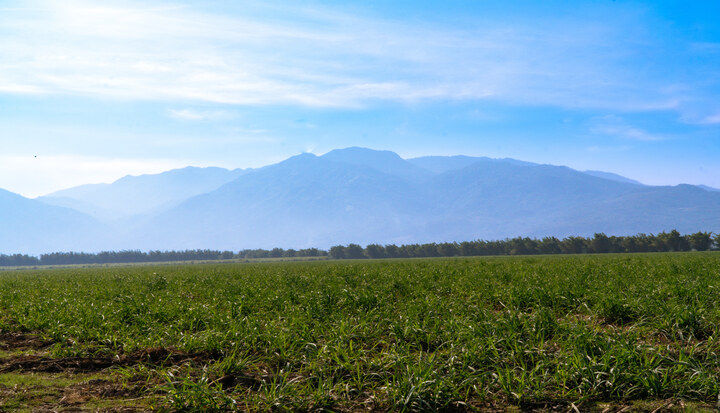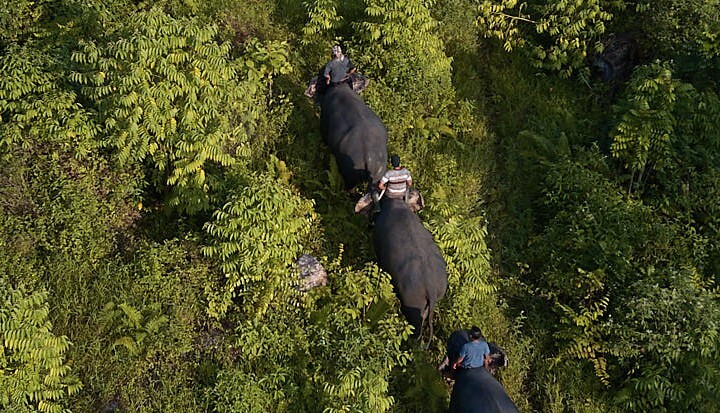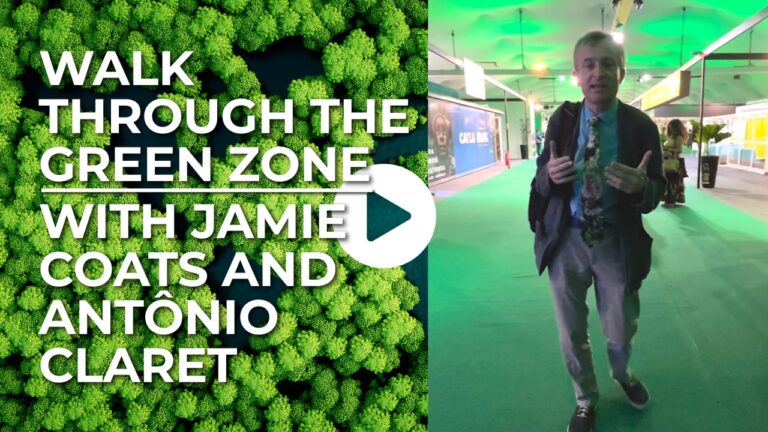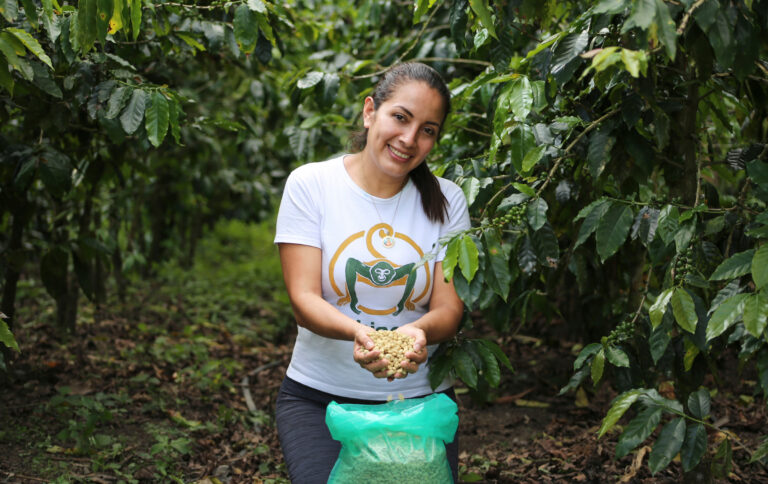Learning zone
Climate Justice
Resource Kits
Explore our issue-based resource kits with downloadable, co-created learning resources. Everything you need to inform your organisation’s social impact strategy and stay ahead of emerging social impact trends.
How Can Businesses Put People at the Heart of Climate Action?
This Resource Kit, supported by Pearson and developed with Change by Degrees, includes practical tools for putting people at the heart of climate action. It applies principles of climate justice to actions companies can take across their core business, philanthropy and policy advocacy.
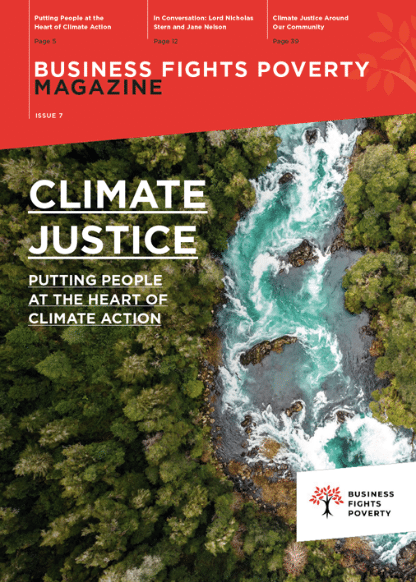
Business case studies and leading edge thinking. An explanation in greater depth as to why putting people at the heart of climate action should now be a business priority: Business Fights Poverty Magazine
Learn from a panel of experts in this live webinar: How do we apply a climate justice lens to build business and community resilience?
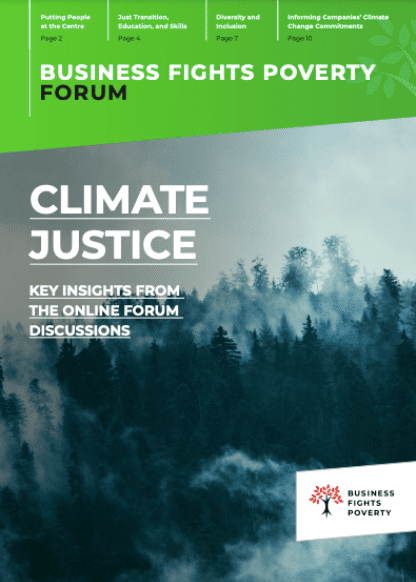
Business practitioner answers to human centred climate action on people’s rights (see p.3-4) and vulnerabilities (see p.8-10): Climate Justice Online Forum Discussions
How can we integrate gender into net zero planning in supply chains?
Supported by
This Resource Kit looks at how businesses can integrate gender equality with climate change initiatives in their supply chains and how this can be critical to achieving net-zero emissions by 2050. Companies can integrate gender through supply chain mapping, incentivising suppliers, and investing in gender-responsive projects to enhance outcomes.

Gender Integration in Carbon Projects
Practical guidance for Voluntary Carbon Market developers to create inclusive projects, improving outcomes for women. Includes steps, resources, and examples. This report is part of the FCDO’s Work and Opportunities for Women Programme.

Women and the Net Zero Economy
A toolkit on how companies can transition to a net-zero economy while economically empowering vulnerable women working in global value chains.

Decarbonisation with a Gender Lens
Guidance for companies on gender considerations they need to keep in mind when planning Scope 3 emissions reductions across their supply chain.
Applying a Gender Lens to Net-Zero
A workshop panel discussion sharing the latest thinking and examples on how applying a gender lens can help drive progress towards net-zero.

Climate and Women in Agriculture
A report looking at the impacts of climate change on women in agricultural supply chains, responses and recommendations for business action.
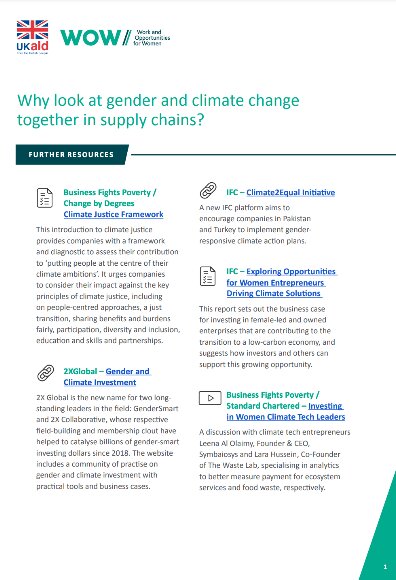
Gender and Climate Change Resources
A list of other resources for integrating gender and climate action in supply chains, including frameworks, case studies, videos and podcasts.
More Climate Resources
Business Fights Poverty explores how companies can link social and environmental impact to drive a fairer, more resilient future. Using insights from the 5 Bridges to 2045 framework and Natura’s pioneering Integrated Profit & Loss (iP&L) model, this article shows how valuing natural, social, and human capital can transform decision-making, performance, and long-term sustainability.
Hear from Social Impact Pioneers: Anna Kilpatrick, Chief Strategy and Impact Officer at PUR, whose agroforestry projects help global companies decarbonise agricultural supply chains while improving smallholder incomes. Ann Vaughan, Associate Vice President for Resilient Futures at CARE, leading work to unlock climate finance that reaches 25 million people, especially women and girls. Olaf Westermann, Senior Technical Advisor on Climate Change and Agriculture at CRS, connecting conservation, livelihoods, and equity in nature-based carbon projects worldwide. And Lilian Gwazayo, Field Advisor, & Environmental Scientist, CARE, Malawi.
Jamie Coats, CEO of Wise Responder, guest professor at Fundação Dom Cabral (FDC), and the Business Fights Poverty representative at COP30, interviews Flavia Constant, Director, Private Social Investment at Vale, to discuss how one of Brazil’s largest companies is taking responsibility for ending poverty in its areas of influence. Flavia explains why Vale is committed to tackling poverty as a multidimensional phenomenon, using the Multidimensional Poverty Index (MPI) to guide action and measure impact. Part of the Business Fights Poverty Climate Series 2025.
Jamie Coats, CEO of Wise Responder, guest professor at Fundação Dom Cabral (FDC), and the Business Fights Poverty representative at COP30, interviews Thiago Chang, Operations Director, Strategic Initiatives at TechnoServe. They explore what it really takes to scale regenerative agriculture for smallholder farmers. TechnoServe has long focused on regenerating soils, water and biodiversity as part of improving livelihoods. Part of the Business Fights Poverty Climate Series 2025.
Jamie Coats, CEO of Wise Responder, guest professor at Fundação Dom Cabral (FDC), and the Business Fights Poverty representative at COP30, interviews Malu Paiva, Sustainability, Communication and Brand Executive Vice-President at Suzano. They explore what it really means to move beyond pilots and into implementation at scale. As the world’s largest pulp and cellulose producer, Suzano positions itself as a key supplier of renewable raw materials helping the global transition from fossil-based to greener economies. Malu explains why COP30 is an “Implementation COP”. Part of the Business Fights Poverty Climate Series 2025.
As climate risks intensify across global agriculture, Bonsucro and partners are expanding the Climate Resilience Platform (CRP) to equip farmers with actionable, science-based tools. Through open-access collaboration with CGIAR, Better Cotton, and leading research organisations, the initiative empowers producers to anticipate climate impacts, strengthen livelihoods, and accelerate resilient, sustainable supply chains across the world.
IDH shares its top 10 lessons from convening landscape initiatives for the last 10 years. The results across a range of landscapes show that greater impact can be achieved together. The cost and risk sharing that landscape approaches allow makes them more relevant to agri-food businesses as physical supply risks from extreme weather increase.
Jamie Coats, CEO of Wise Responder, guest professor at Fundação Dom Cabral (FDC), and the Business Fights Poverty representative at COP30, walks us through the COP30 Green Zone, showcasing the energy, innovation and cross-sector collaboration driving climate action in Brazil. Part of the Business Fights Poverty Climate Series 2025.


